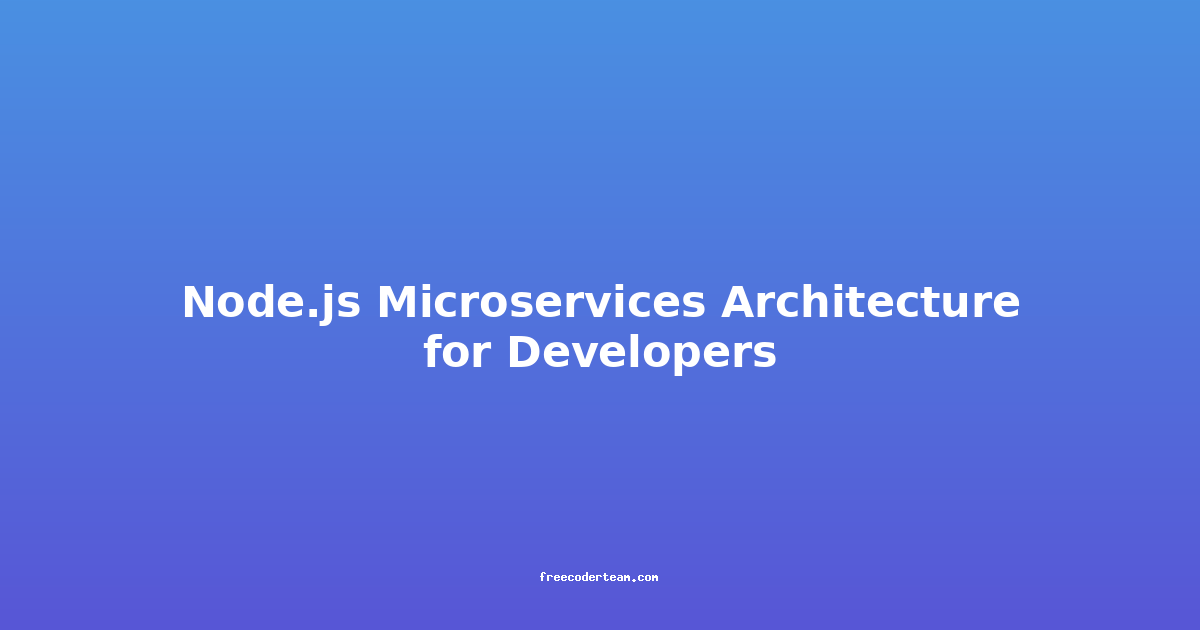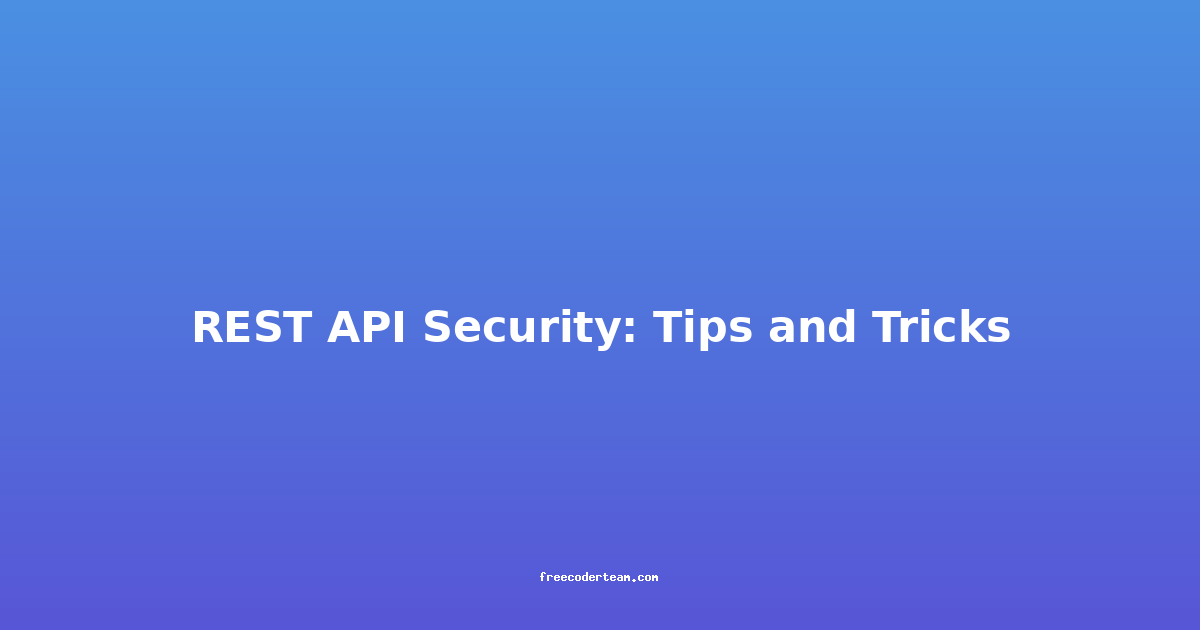Essential PHP 8 New Features: A Comprehensive Guide
PHP 8, released in November 2020, brought a plethora of new features and improvements that enhance developer productivity, performance, and code maintainability. This blog post will explore some of the most significant new features in PHP 8, providing practical examples, best practices, and actionable insights to help you take full advantage of what PHP 8 has to offer.
Table of Contents
- 1. Named Arguments
- 2. Constructor Property Promotion
- 3. Nullsafe Operator
- 4. Match Expression
- 5. Attributes (Annotations)
- 6. Union Types and Intersection Types
- 7. New String Functions
- 8. Deprecated Features and Backward Incompatibilities
- 9. Performance Improvements
- Conclusion
1. Named Arguments
One of the most developer-friendly features in PHP 8 is named arguments, which allow you to specify function arguments by name rather than by position. This makes code more readable, especially for functions with many parameters.
Example:
function connectToDatabase(string $host, string $username, string $password, int $port = 3306) {
echo "Connecting to $host:$port with username $username\n";
}
// Using positional arguments
connectToDatabase('localhost', 'root', 'password');
// Using named arguments (PHP 8+)
connectToDatabase(
host: 'localhost',
username: 'root',
password: 'password',
port: 3306
);
Benefits:
- Readability: Named arguments make it clear which parameter is being passed, especially for functions with many arguments.
- Maintainability: You can rearrange named arguments without affecting the function's behavior.
Best Practice:
- Use named arguments when passing optional parameters to avoid confusion about their order.
2. Constructor Property Promotion
Constructor property promotion simplifies the process of initializing object properties in a constructor. Instead of manually defining properties and assigning them in the constructor, you can do both in a single step.
Example:
Before PHP 8:
class User {
private string $name;
private int $age;
public function __construct(string $name, int $age) {
$this->name = $name;
$this->age = $age;
}
}
$user = new User('Alice', 30);
In PHP 8:
class User {
public function __construct(
public string $name,
public int $age
) {
// No need to manually assign properties
}
}
$user = new User('Alice', 30);
Benefits:
- Less Boilerplate: Reduces redundant code by automatically promoting constructor parameters to properties.
- Consistency: Ensures that all properties are initialized in a uniform way.
Best Practice:
- Use constructor property promotion for simple objects where properties are directly passed during initialization.
3. Nullsafe Operator (?->)
The nullsafe operator (?->) allows you to safely access properties or call methods on an object that might be null. This eliminates the need for null checks before accessing properties, making code more concise.
Example:
Before PHP 8:
$user = null;
$fullName = ($user !== null && $user->profile !== null)
? $user->profile->getFullName()
: null;
In PHP 8:
$user = null;
$fullName = $user?->profile?->getFullName();
Benefits:
- Readability: Reduces the verbosity of null checks.
- Safety: Prevents
Notice: Trying to get property of non-objecterrors.
Best Practice:
- Use the nullsafe operator when dealing with objects that might be
null, especially in chains of method calls.
4. Match Expression
The match expression is a more concise and expressive alternative to switch statements. It allows you to evaluate an expression and return a value based on multiple conditions.
Example:
Before PHP 8:
$day = 'Monday';
$message = '';
switch ($day) {
case 'Monday':
$message = 'Start of the week';
break;
case 'Friday':
$message = 'End of the week';
break;
default:
$message = 'Midweek';
}
echo $message; // Outputs: Start of the week
In PHP 8:
$day = 'Monday';
$message = match ($day) {
'Monday' => 'Start of the week',
'Friday' => 'End of the week',
default => 'Midweek',
};
echo $message; // Outputs: Start of the week
Benefits:
- Conciseness: Reduces the amount of code needed for complex conditional logic.
- Readability: Makes intent clearer by grouping conditions and their results.
Best Practice:
- Use
matchwhen you have multiple conditions that each result in a specific value.
5. Attributes (Annotations)
Attributes, also known as annotations, allow you to attach metadata to classes, methods, properties, and other elements. This is particularly useful for frameworks and libraries that rely on metadata to implement features like validation or dependency injection.
Example:
#[AllowDynamicProperties]
class Config {
public function load(string $path) {
// Load configuration from file
}
}
// Using an attribute
#[Route('GET', '/home')]
public function home() {
return 'Welcome to the home page!';
}
Benefits:
- Extensibility: Allows frameworks to define custom attributes for configuration or behavior.
- Clarity: Makes it clear what metadata is associated with a specific element.
Best Practice:
- Use attributes when working with frameworks that support them, such as Symfony or Laravel, to define routes, validation rules, or other metadata.
6. Union Types and Intersection Types
PHP 8 introduces union types and intersection types, which provide more flexibility in type declarations.
Union Types:
A union type allows a variable to be one of several possible types.
function calculate(string|int $value): string|int {
return $value * 2;
}
$result = calculate(10); // int
echo $result; // Outputs: 20
Intersection Types:
An intersection type allows a variable to satisfy multiple types simultaneously.
function render(?string & ?int $value): void {
// $value must be either a string or an integer
echo $value;
}
render(42); // Outputs: 42
Benefits:
- Flexibility: Allows for more precise type declarations.
- Safety: Helps catch type-related errors at compile time.
Best Practice:
- Use union types when a variable can have multiple valid types.
- Use intersection types when a variable must satisfy multiple type constraints.
7. New String Functions
PHP 8 introduces several new string functions that simplify common tasks.
str_contains()
Checks if a string contains a substring.
$text = 'Hello, World!';
if (str_contains($text, 'World')) {
echo 'Contains "World"';
}
str_starts_with() and str_ends_with()
Check if a string starts or ends with a specific substring.
$text = 'Hello, World!';
if (str_starts_with($text, 'Hello')) {
echo 'Starts with "Hello"';
}
if (str_ends_with($text, 'World!')) {
echo 'Ends with "World!"';
}
Benefits:
- Readability: Makes string checks more concise and expressive.
- Performance: Optimized for common string operations.
Best Practice:
- Use these functions for string checks instead of manual substring comparisons.
8. Deprecated Features and Backward Incompatibilities
While PHP 8 introduces many new features, it also deprecates certain older features to encourage better practices. Some notable deprecations include:
each()function: Replaced byforeach.session_register()and related functions: Removed due to security concerns.compact()with string arguments: Deprecated to improve type safety.
Best Practice:
- Review the PHP 8 deprecations to ensure your code is future-proof.
9. Performance Improvements
PHP 8 includes several performance optimizations under the hood, such as:
- Improved JIT (Just-In-Time) compiler: Enhances execution speed for certain workloads.
- Faster array operations: Optimized algorithms for array manipulation.
- Reduced memory usage: More efficient memory management.
Best Practice:
- Upgrade to PHP 8 to benefit from these performance improvements, especially in high-traffic applications.
Conclusion
PHP 8 represents a significant leap forward with its new features, making PHP more expressive, maintainable, and performant. By leveraging features like named arguments, constructor property promotion, and the nullsafe operator, developers can write cleaner and more efficient code. Attributes and union types further enhance flexibility, while performance improvements ensure faster execution.
As you upgrade your projects to PHP 8, take the time to explore these new features and refactor your code to benefit from their advantages. With PHP 8, you can build better applications and deliver faster, more reliable software.
Happy coding! 🚀
If you have any questions or need further clarification, feel free to reach out!




